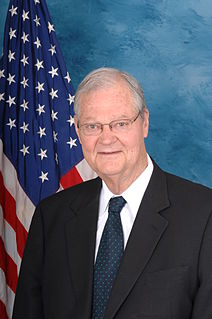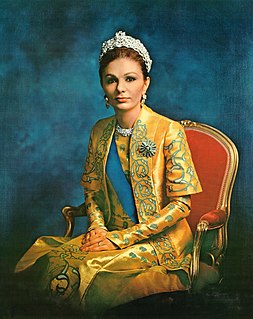A Quote by Ike Skelton
The crises in North Korea, Iran, the Middle East, show how quickly things can change and how they can go wrong. We must be prepared. And right now the Army is not.
Related Quotes
There seems to be something in the zeitgeist, and maybe it's a function of - I'm no analyst, nor am I a psychologist - when you look at things and say, What if I could go back and change things? I think we live in a world right now where people are asking those questions a lot. What if we could go back and change what we did? How would we change the way we handled things in the Middle East, and how would we change things with the banking industry, and how would we change economic and educational issues?
I talk with countries, whether it's the Arab states or in the Middle East, and they talk about how they're glad to see us fighting against Iran. I talk with different countries in reference to Syria, and we talk about how we can get the Iranian influence out. We're talking about North Korea and what we need to do and the pressure we need to put on China. They're happy that we're finally beating up on Russia for what they've done in the Ukraine.
The Iranian issue I don't think has much to do with nuclear weapons frankly. Nobody is saying Iran should have nuclear weapons nor should anybody else. But the point in the Middle East, as distinct from North Korea, is that this is center of the world's energy resources. Originally the British and secondarily the French had dominated it, but after the Second World War, it's been a U.S. preserve. That's been an axiom of U.S. foreign policy, that it must control Middle East energy resources.
There is a real need to construct a different Middle East. The Middle East must change because the world has changed. And instead of oppositional armies that are fighting usually one against another, now we have a net of terrorists that are trying to destroy everything. They are not two; they are hundreds.
Our challenge is much more pervasive than it would be if we were just facing one enemy in one place. [Instead there is] the Middle East, Iraq, North Korea, Iran. There's a relatively long list that we believe are linked to the al Qaeda network in the Philippines, in Indonesia and in Yemen and other places. That makes it very clear that this is a global network.






























